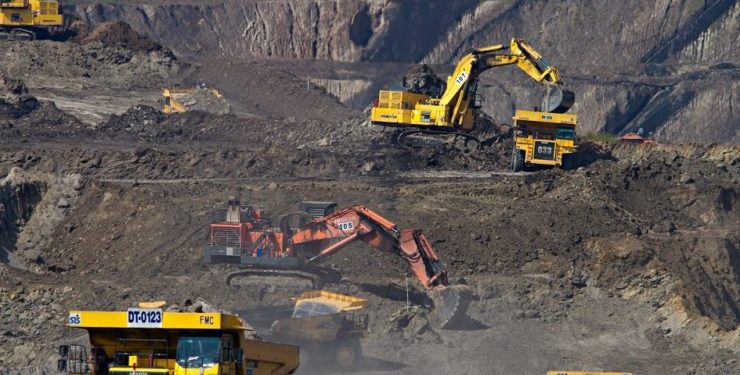Chamber of Mines Cautions Government Against Halving Mining Lease Tenure
The Ghana Chamber of Mines has cautioned government against proposals to cut the tenure of mining leases from 30 years to 15 years, warning that such a move could undermine investment inflows, limit community benefits, and weaken Ghana’s competitiveness in the global mining sector.
Presenting the Chamber’s position paper on proposed amendments to the Minerals and Mining Act (Act 703) at a press briefing on Monday, September 1, 2025, Chief Executive Officer, Ing. Dr Kenneth Ashigbey, stressed that mining projects are long-term and capital-intensive ventures, often requiring over a decade of preparatory work before production begins.
“Reducing the tenure of mining leases to 15 years will curtail the available time for recouping investments, lower a project’s net present value, and compromise the viability of deep-seated or marginal ore bodies,” Dr Ashigbey stated.
He further cautioned that shorter lease periods would discourage near-mine exploration, encourage “high-grading” of deposits, sterilize marginal ore bodies, and reduce corporate social investments in host communities.
Drawing comparisons with Ghana’s neighbours, Dr Ashigbey noted that jurisdictions such as Côte d’Ivoire, Burkina Faso and Nigeria link mining leases to project economics rather than fixed shorter terms, making them more attractive to investors.
The Chamber has therefore urged policymakers to maintain the current 30-year tenure under Act 703, alongside flexible renewal arrangements. According to the Chamber, this is crucial for sustaining investor confidence, ensuring stable government revenues, and supporting long-term socio-economic development in host communities.
The Chamber’s concerns form part of broader consultations on proposed revisions to Ghana’s mining legislation, which also seek to reduce stability agreements from 15 years to 5 years, abolish development agreements for large-scale projects, and shorten prospecting licence durations.
While welcoming certain aspects of the review, such as the creation of a medium-scale mining tier, the Chamber maintained that lease tenure and stability agreements remain central to mining investment decisions.








